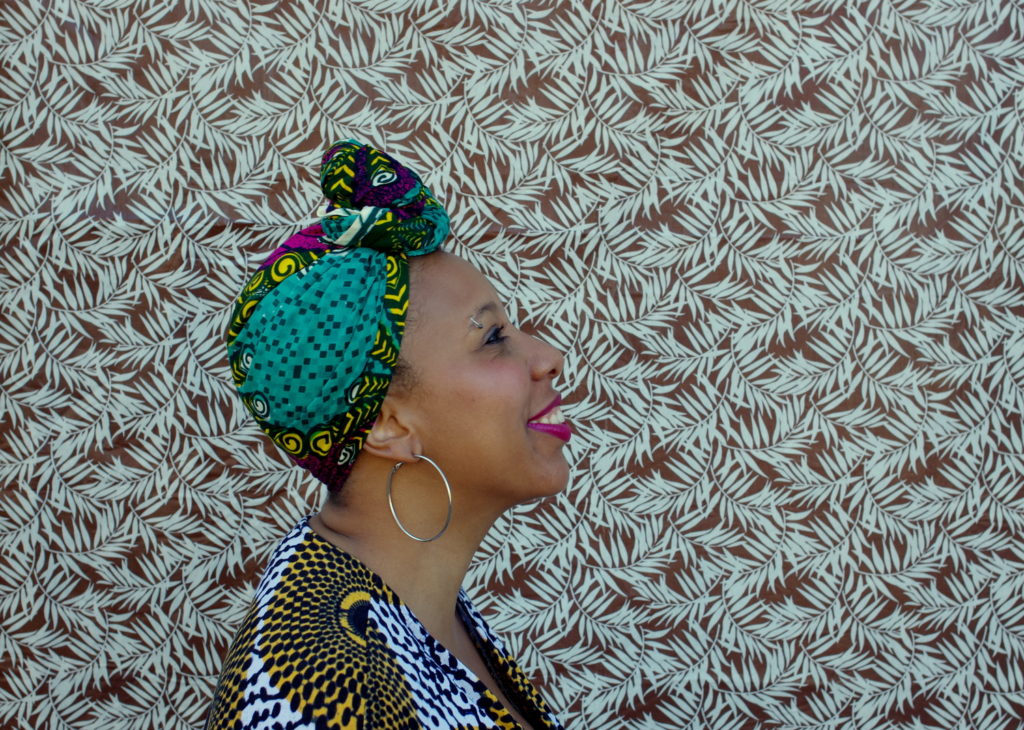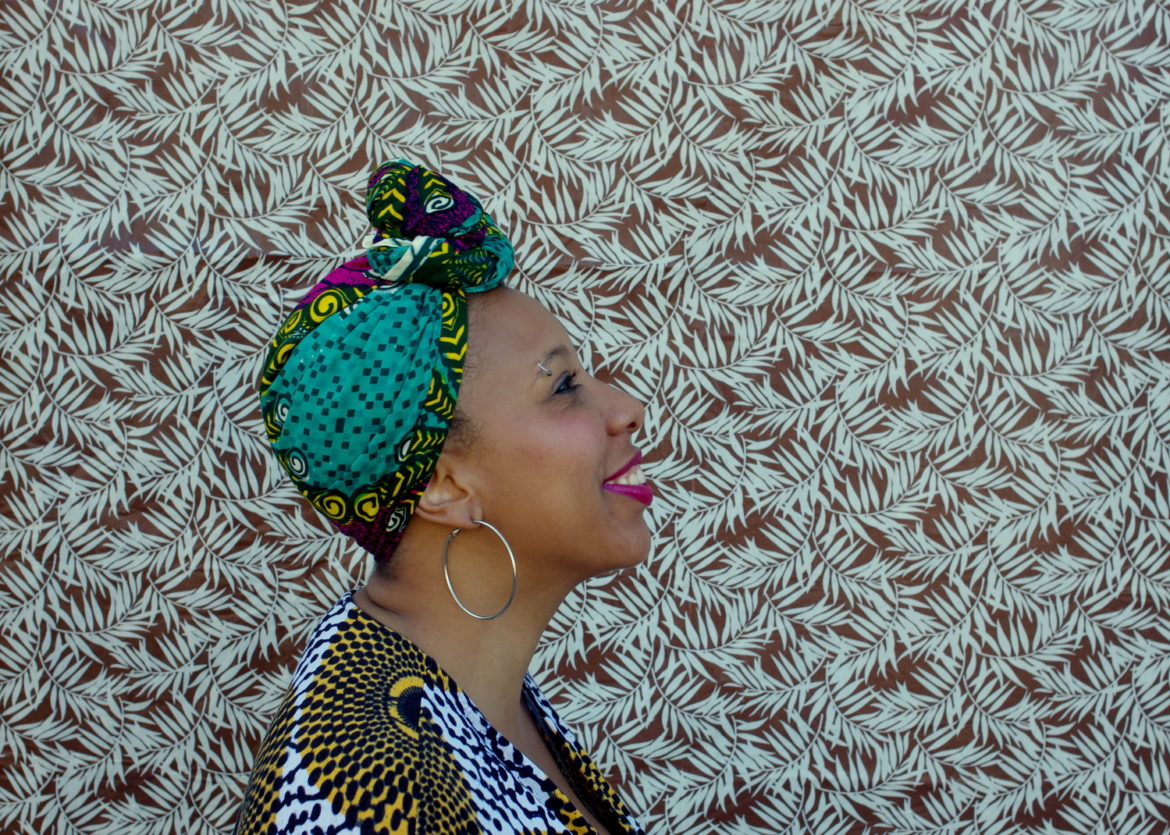Art, and poetry specifically, is found at the epicenter of any given crisis or event. One way of expressing political, personal and social reactions or critiques is through reading or writing poetry. The universalization of emotions compressed into a poem provides a welcome outlet for just about anyone. Poets, whether intentionally writing about gender or not, are expressing experience. For women, nearly every aspect of life relates back to gender in some way. So, in honor of National Poetry Month, here are a few women who use poetry to connect their personal experiences to the world and readers alike:

Photo from TED
Sarah Kay began exploring spoken word poetry when she was only 14 years old. Since then, she has started the V.O.I.C.E. campaign and now teaches children all over the world how their daily life is an outlet for a poetic voice. A popular video with TED delighted viewers when they saw Kay perform poems that address womanhood and the ways in which she deals with the role in her own life.

Photo by Arash Saedinia
Solmaz Sharif is an Iranian poet born in Istanbul and a current lecturer at Stanford University. I recently had the opportunity to hear one of her readings at USFCA when she read from her book, Look. Many of her poems tackle the subject of war in the Middle East, using language from the Department of Defense Dictionary of Military and Associated Terms. Sharif’s poetry intertwines her everyday life experiences with war-related terms.

Photo by Kwesi Abbensetts
Morgan Parker is a poet living in Brooklyn, New York. She is well known for her poetry that references pop culture while confronting race and womanhood. Her recently published book, There Are More Beautiful Things Than Beyonce, explores race in pop culture.
During Sharif’s reading, she asked the audience a single question: What do you, as a reader, want from writers? For the most part, people from the audience had similar answers: an articulation of truth. Something that can comfort or aggravate, based on whatever emotion the poem is seeking. Poetry is an important aspect of our society and culture. It’s accessible to everyone and gives women of all backgrounds a platform to speak their everyday truths.
By: Sabrina Canepa

